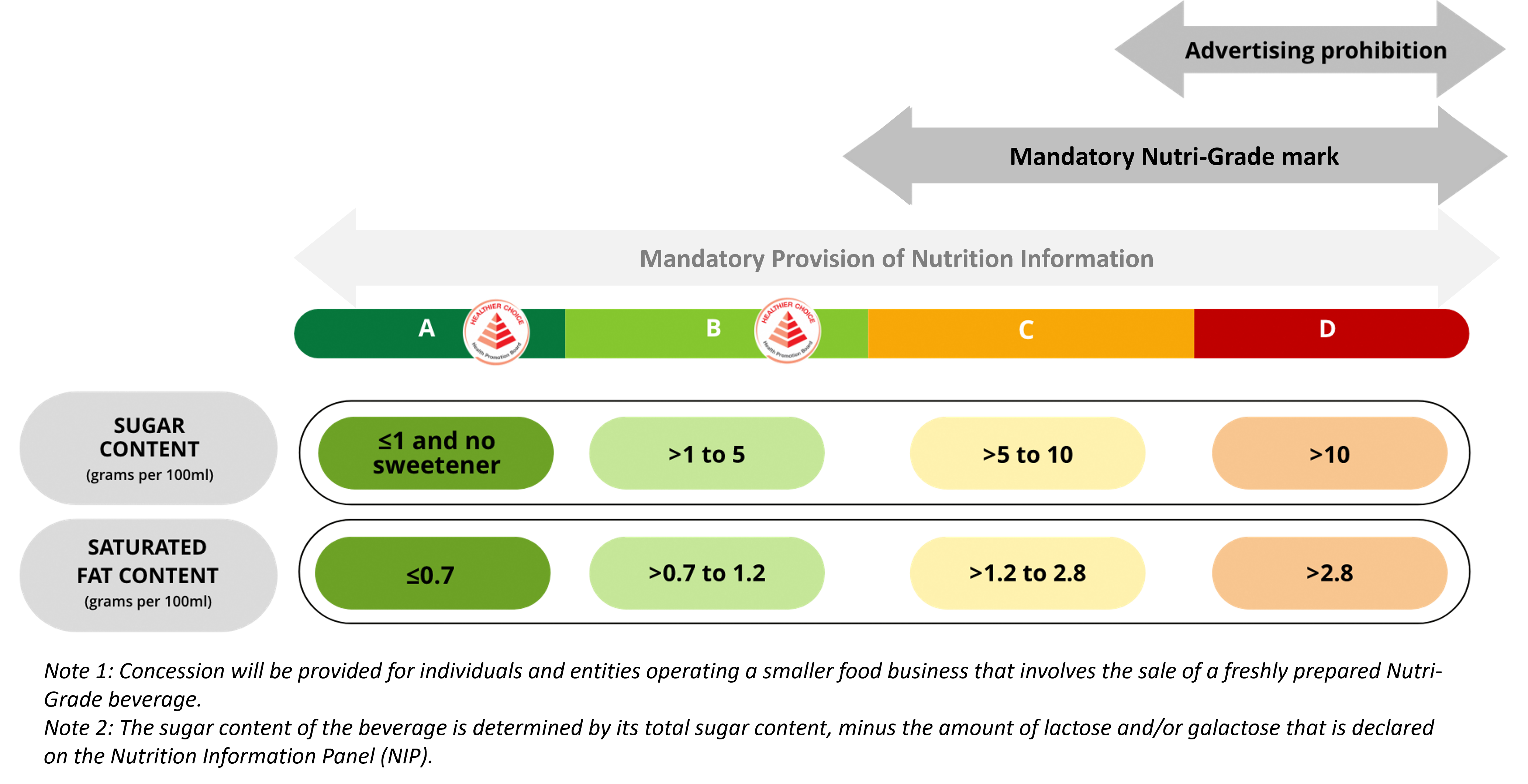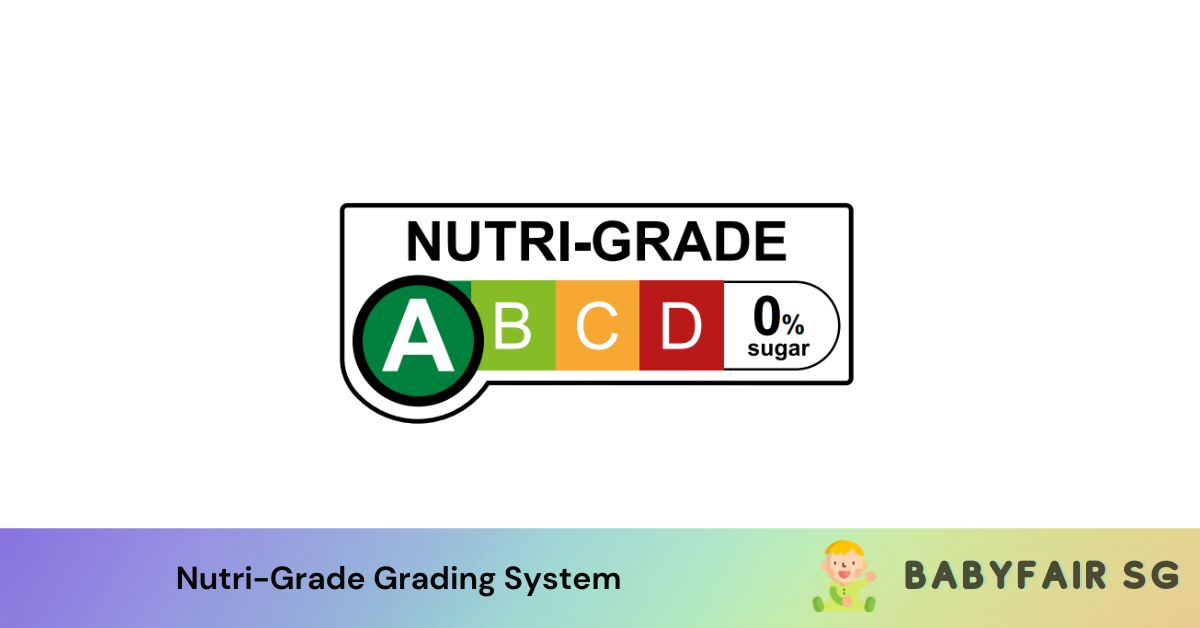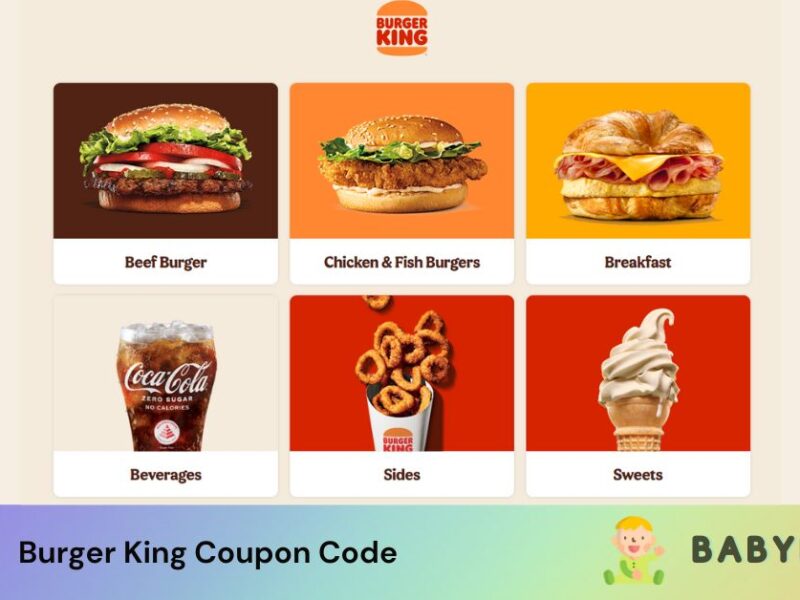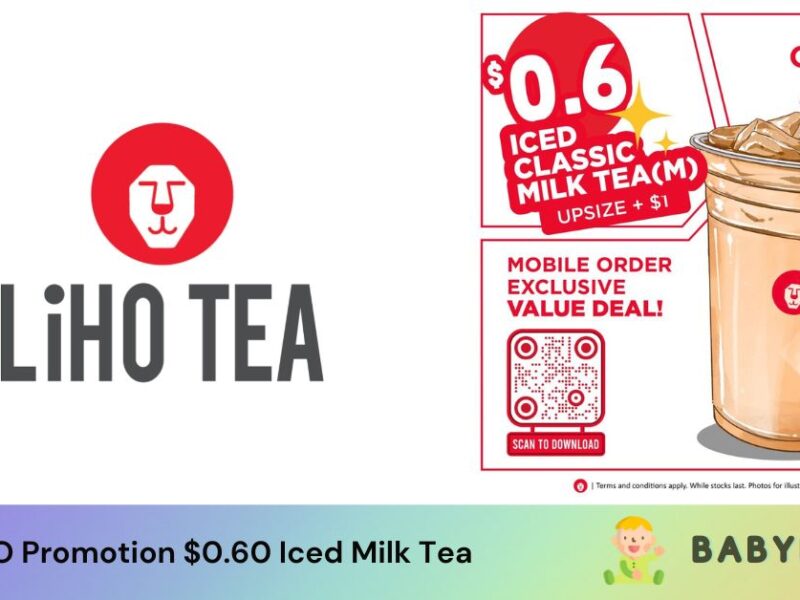Diabetes is a serious health concern in Singapore. The number of Singapore residents with diabetes is projected to reach one million by 2050, if nothing is done.1 In response to the significant health and societal burden posed by diabetes, MOH launched the War on Diabetes in 2016 to mobilise a whole-of-society effort to tackle the disease.
High sugar intake is linked to increased risk of obesity and diabetes. A 2021 local meta-analysis which included studies on Asian populations found that higher consumption of sugary beverages was associated with a 51% higher risk of diabetes, compared to lower consumption.2 The World Health Organization (WHO) has called on countries to take action to reduce individuals’ intake of sugar to as low as possible, stating that “nutritionally, people do not need any sugar in their diet”.3,4
However, Singaporeans are consuming on average twelve teaspoons (or 58g) of sugar daily.5 More than half of Singaporeans’ daily sugar intake comes from beverages, of which pre-packaged beverages contribute 64 per cent and freshly prepared beverages contribute 36 per cent. More needs to be done to further reduce Singaporeans’ sugar intake.
About the Measures for Nutri-Grade Beverages
The Singapore Government decided to introduce mandatory nutrition labels and advertising prohibitions for Nutri-Grade beverages, after carefully considering the feedback received from public, industry and expert stakeholders, and reviewing existing overseas and local evidence. Together, these measures aim to help consumers identify beverages that are higher in sugar and saturated fat and to reduce the influence of advertising on consumer preferences, thus encouraging more informed, healthier choices and spurring industry reformulation.
The regulations for beverages in pre-packaged form and non-customisable beverages from automated beverage dispensers sold in Singapore, came into effect on 30 December 2022. MOH and HPB have published the additional measures in the Government Gazette on 30 June 2023, to have them come into effect six months thereafter, on 30 December 2023.
The additional measures from 30 December 2023 will apply to freshly prepared and existing Nutri-Grade beverages sold in specified settings, which include (i) retail settings such as food and beverage (F&B) outlets and catering establishments, and (ii) non-retail settings such as hotels, workplaces, educational institutions, healthcare institutions and childcare facilities.A summary of the new requirements for Nutri-Grade measures can be found in here. Companies must still refer to the relevant legislation in the Food Regulations and the Specifications of the Nutri-Grade mark and Sugar Declaration for the technical requirements for the measures. The regulations and specifications for the additional measures can be found under “Resources”.
“What is considered a Nutri-Grade beverage?”
Nutri-Grade beverages include:
- Pre-packaged beverages that are ready-to-consume and are packed or made up in advance ready for sale in packages such as bottles, cans, cartons, packets or other similar containers
- Pre-packaged beverages that are powders or concentrates that are meant to be reconstituted or diluted with fluids before consumption as a beverage (e.g. 3-in-1 instant coffee beverage, cordials); and
- Non-customisable beverages dispensed from automated beverage dispensers, which are machines that dispense non-prepacked beverages according to a pre-fixed formula, with no option for a prospective consumer of the beverage to customize the amount of any ingredient in the beverage. This includes fountain drinks and beverages dispensed from automated coffee machines.
- [New from 30 December 2023] Freshly prepared beverages that are prepared by hand at the place/premise where they are sold, or those that can be customised by the consumer, such as freshly brewed coffee or tea, freshly squeezed juices, freshly blended smoothies, bubble tea, freshly prepared herbal drinks,
- [New from 30 December 2023] Customisable beverages dispensed from automated beverage dispensers (this includes coffee machines that allow choice of sugar level or creamer).
Alcoholic beverages and special purpose foods are excluded from the definition of “Nutri-Grade beverages”.
Grading System for Nutri-Grade Beverages
All Nutri-Grade beverages will be graded using a single set of thresholds for sugar and saturated fat content (Figure 1).
Figure 1: Nutri-Grade Grading System
The Healthier Choice Symbol (HCS) and Healthier Dining Programme (HDP) guidelines are aligned with the Nutri-Grade mark, such that all drinks under the HCS and HDP programmes are either Grade A or B.
More about Nutri-Grade Grading System visit HPB
References
1. Phan TP, Alkema L, Tai ES, Tan KHX, Yang Q, Lim WY, Teo YY, Cheng CY, Wang X, Wong TY, Chia KS, Cook AR (2014) Forecasting the burden of type 2 diabetes in Singapore using a demographic epidemiological model of Singapore. BMJ Open Diabetes Research and Care. 2:e000012
2. Neelakantan N, Park S.H., Chen GC, van Dam R.M (2021) Sugar-sweetened beverage consumption, weight gain, and risk of type 2 diabetes and cardiovascular diseases in Asia: a systematic review. Nutrition Reviews, Vol. 00(0):1-18. [Notes: For the purpose of this study, “higher consumption” is defined as daily or almost daily consumption, with a median of 2 servings per day, and “lower consumption” is defined as rare or no consumption.]
3. Sugar here refers to free sugars, which is defined by the WHO as sugars added to foods and drinks, and sugar that is naturally present in honey, syrups and fruit juices. These do not include the sugars present in whole fruit and vegetables or sugars present in milk (i.e. lactose and galactose).
4. WHO (2016, Oct 11) WHO urges global action to curtail consumption and health impacts of sugary drinks [Press release] Retrieved from www.who.int/news-room/details/11-10-2016-who-urges-global-action-to-curtail-consumption-and-health-impacts-of-sugary-drinks
5. National Nutrition Survey 2018/2019. Singapore: Health Promotion Board
Sample for Nutri-Grade Grading System.
Marigold Power Beans Fresh Soya Milk – Unsweetened



